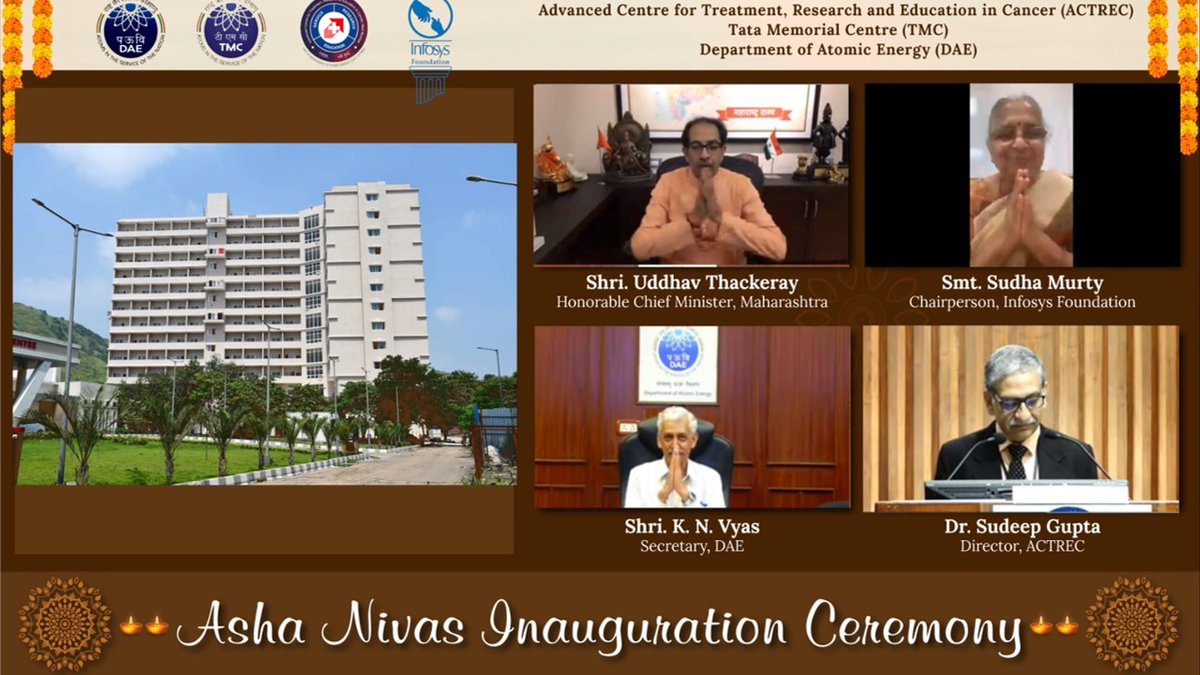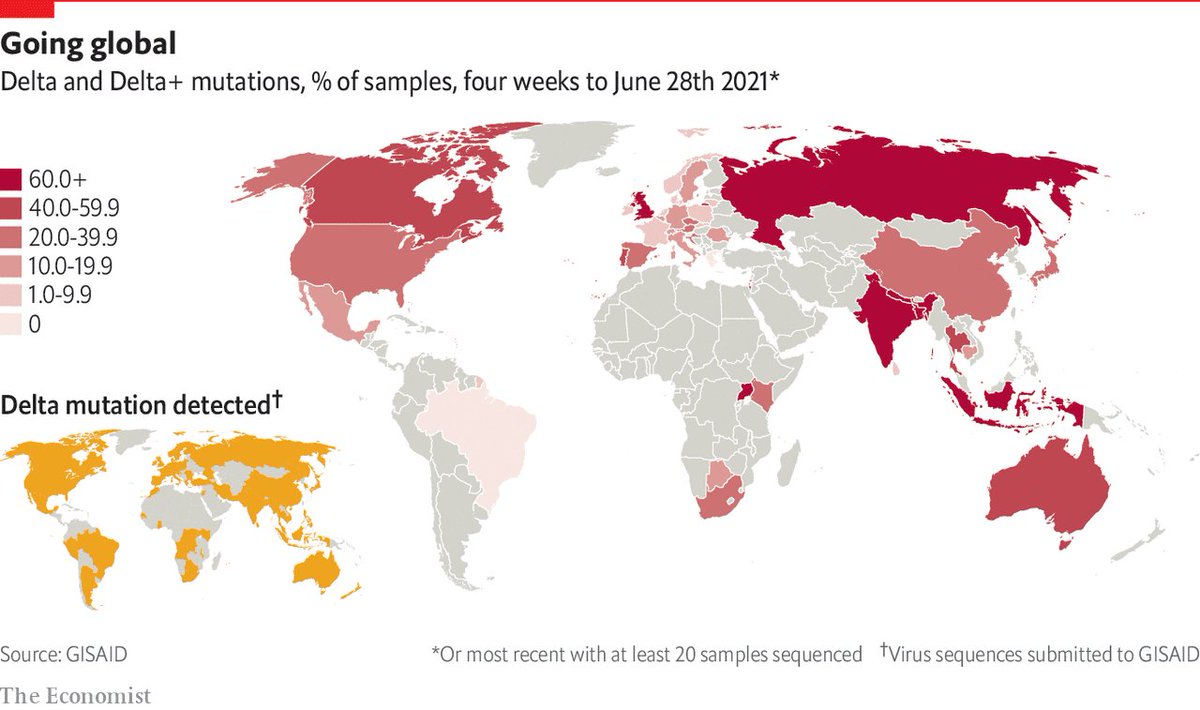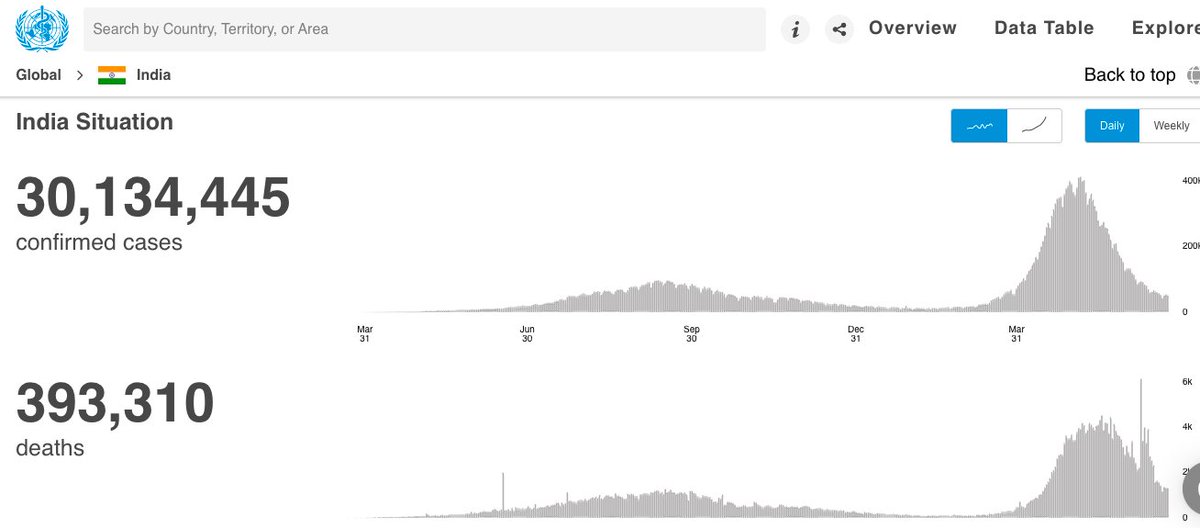
#MerryChristmas2021! If I had one wish from #SantaClaus, what would it be?
With the #OmicronVariant, there’s a lot of chat on what countries should do with #COVID_19 vaccinations – start boosters or complete the first round of the recommended two doses for everyone? If boosters, should it be for all, or select populations? My take. 

As a global community, there is no question what we should do – work towards #VaccineEquity, and make sure that every eligible human gets their two doses. Remember, none of us are safe, unless all of us are safe. Cliched, but true.
The world, especially high income countries, need to make sure that they support #LMICs with their vaccinations. We have failed abysmally in this effort, and a lot of the blame rests with the global west, who have even allowed millions of doses to expire 



When it comes to the question of boosters vs ensuring that people get their two mandatory doses first, it comes down to availability of the vaccine. If adequate vaccines are available, people should get a booster – there is enough evidence to support this. But... 

But the truth is – there aren’t enough vaccines globally to make sure everyone gets at least two doses. There are countries where even healthcare workers haven’t been fully vaccinated; where less than 10% have got even one dose. We just can't ignore these realities 

In most African countries, we should undoubtedly prioritize the first two doses – this will protect the African population (which by itself should be enough reason) but also protect the rest of the world. The rest of the world needs Africa to get the vaccines!
What should countries like the US, Europe, and even India do? Where we have plateaued with our first two doses, and at least with US and Europe, we’re seeing a major spike in cases? 

I still think that in global interest (and even our own selfish interests), we should prioritize people who haven’t had their first two doses, both within our own countries, and those like Africa which hasn’t had much support from the rest of the world.
The recent announcement from @SerumInstIndia that they were scaling down production is disturbing – for many reasons. When the world is struggling to get enough doses, this is tragic. 



We should work towards ensuring that every manufacturing facility does so at its maximum capacity, not scale down because there is not enough demand.
In an ideal world, every manufacturing facility should go full speed on quality COVID_19 vaccines, and supply the world, as if it was one big village. Prioritizing Ethiopia, Senegal, Tanzania, Sudan, Burkina Faso, as if they were our own
Knowing the frailties of humans and the world’s political leadership, they should at least work towards fulfilling their own countries’ requirements, and send the surplus to the rest of the world which needs it desperately. This is a true test of global health equity
I do understand that this may not resonate with many, given that self-protection comes first, but let us realize that we are being foolish if we think we can beat COVID_19 by merely protecting our own people.
#VaccineInequity is the biggest problem facing the world today, and we need to do everything that we can to address this. 



But will the world’s leaders demonstrate true leadership? We need true leadership now more than ever. If ever we need #SantaClaus, it is now.
Unroll @threadreaderapp
• • •
Missing some Tweet in this thread? You can try to
force a refresh














